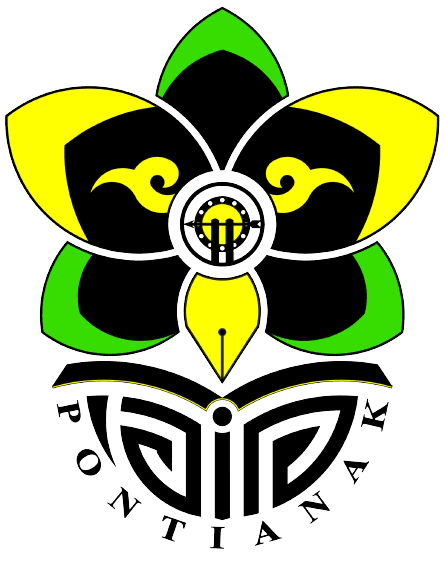Etnoparenting: Early Childhood Parenting in the Muslim-Malay Community in Kapuas Hulu
DOI:
https://doi.org/10.24260/albanna.v4i1.2053Keywords:
Ethnoparenting; Parenting; Emotional Development, Early ChildhoodAbstract
Tulisan ini bertujuan untuk mendeskripsikan etnoparenting, yang deskripsinya penulis ambil dari kasus-kasud pola asuh yang penulis temukan pada masyarakat muslim-Melayu Desa Nanga Betung Kabupaten Kabupaten Kapuas Hulu. Etnoparenting merupakan aktivitas parenting yang polanya dilandaskan pada kearifan lokal yang berkembang di daerah tersebut. Secara metodologi, tulisan ini menggunakan pendekatan kualitatif dengan metode deskriptif, yang data-datanya dikumpulkan melalui wawancara mendalam, observasi partisipan dan dokumentasi. Sementara analisis datanya, menggunakan model analisis data interaktif. Berdasarkan hasil penelitian bisa disimpulkan bahwa etnoparenting pada masyarakat muslim-Melayu di Desa Nanga Betung Kabupaten Kapuas Hulu sangat unik. Di desa ini pola asuh yang diterapkan orang tua pada anak usia dini mereka diterapkan secara bervariasi. Ada orang tua yang memberikan pola asuh secara demokratis, dan ada pula yang otoriter dan permisif. Dampak yang ditimbulkan dari pola asuh otoriter terhadap perkembangan emosional anak usia dini adalah anak menjadi penakut dan merasa terkekang. Sedangkan pola asuh permisif dapat membuat anak jadi profil yang kurang menghargai dan meremehkan nilai-nilai budaya sosial Desa. Sementara pola asuh demokratis yang diterapkan sebagian kecil orang tua membantu meningkatkan perkembangan emosional positif dan keterampilan sosial anak, terutama dalam sosial budaya. Hasil penelitian kami juga menunjukkan bahwa yang lebih dominan dari kesemua pola asuh yang dicirikan masyarakat muslim-Melayu di desa ini meskipun sama-sama berbasis etnoparenting umumnya adalah pola asuh otoriter.
This paper aims to describe ethnoparenting, whose description the author takes from the cases of parenting styles that the author found in the Muslim-Malay community of Nanga Betung Village, Kapuas Hulu Regency. Ethnoparenting is a parenting activity whose pattern is based on local wisdom that develops in the area. Methodologically, this paper uses a qualitative approach with a descriptive method, whose data is collected through in-depth interviews, participant observation, and documentation. While analyzing the data using an interactive data analysis model. Based on the results of the study, it can be concluded that ethnoparenting in the Malay-Muslim community in Nanga Betung Village, Kapuas Hulu Regency, is very unique. In this village, the parenting style applied by parents in their early childhood is applied in various ways. Some parents provide democratic parenting, and some are authoritarian and permissive. The impact of authoritarian parenting on the emotional development of early childhood is that children become timid and feel constrained. Meanwhile, permissive parenting can make children become profiles that lack respect and underestimate the social and cultural values of the village. While democratic parenting applied by a small number of parents helps improve the positive emotional development and social skills of children, especially in socio-cultural contexts, our results also show that the dominant of all parenting styles characterized by the Muslim-Malay community in this village, although both are ethnoparenting-based, is generally authoritarian parenting.









